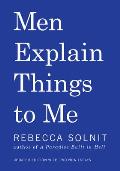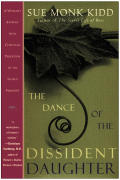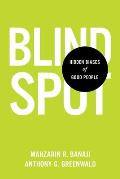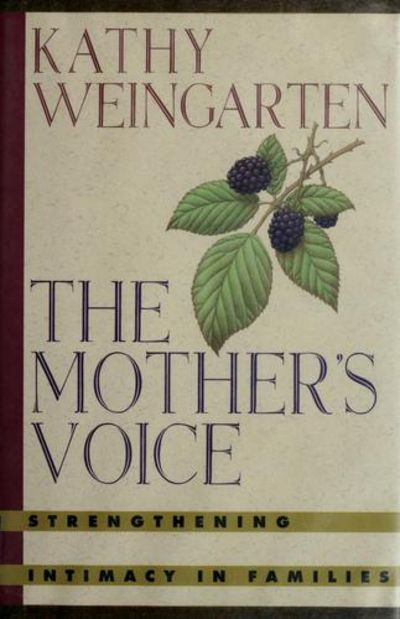Recommended to me by: Patricia Anderson
Rebecca Solnit’s title essay is available here. While she didn’t invent the word “mansplaining”, she inspired it with this essay about the trend of men (not all men, she is quick to point out) explaining things to women that women already know. Men treating women as “empty vessels waiting to be filled with their wisdom.” Men deciding whether a woman’s speech is credible or not, even, or perhaps especially, when she says, “He’s trying to kill me.”
The other essays in this book are also about sexism, feminism, and gendered violence. Violence gendered because women are targets in a concerted, ongoing effort to control us and keep us small. Violence also gendered because men are overwhelmingly the perpetrators.
The book is depressing, illuminating, and, in the end, hopeful.




